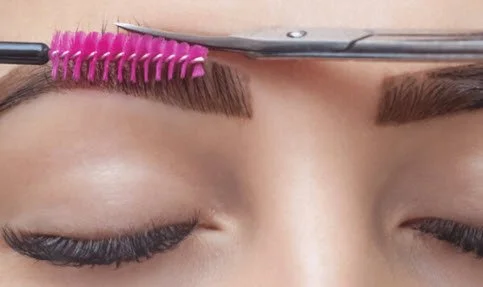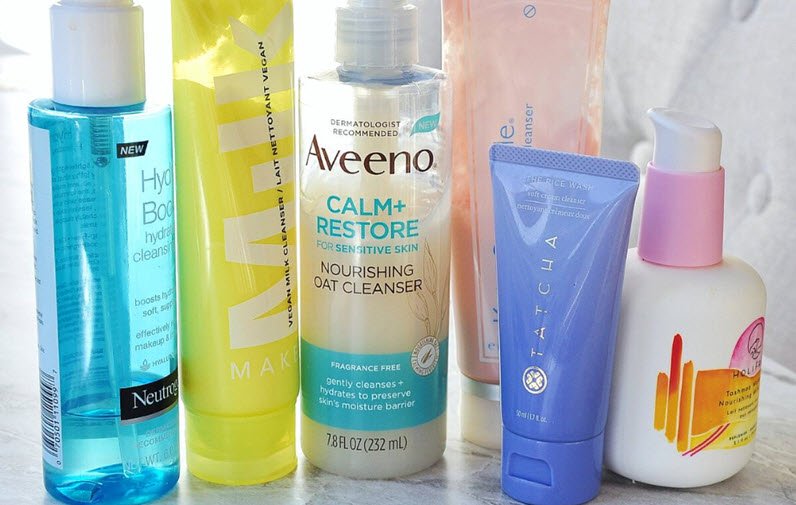Everything You Need to Know About Sunscreen—Benefits, SPF, & The Best Protection
If you think sunscreen is only necessary for beach days or sunny weather, think again! UV rays don’t take a break, and neither should your sun protection routine. Whether you’re indoors or outdoors, exposed to artificial or natural light, applying sunscreen daily is key to maintaining healthy, youthful skin.
In simple terms, sunscreen is a topical product that shields your skin from harmful ultraviolet (UV) radiation, preventing sunburn, premature aging, and even skin cancer. It's one of the most important skincare essentials—whether you wear makeup or not. Making it a habit to apply broad-spectrum sunscreen every morning is a small effort with huge payoffs for your skin’s long-term health.
🌞 Physical vs. Chemical Sunscreens: Which One Is Right for You?
The FDA recognizes mineral sunscreens (also known as physical blockers) as the safest and most effective option. These contain zinc oxide and titanium dioxide, which work by creating a protective barrier that reflects UV rays. They’re great for sensitive skin since they don’t cause irritation, stinging, or allergic reactions, but they can leave a slightly white cast and feel a bit greasy.
On the other hand, chemical sunscreens absorb UV rays before they can damage the skin. They’re usually clear and easy to apply, but some ingredients—like oxybenzone and octinoxate—have been linked to skin irritation and environmental concerns, particularly coral reef damage.
For the best protection, many people choose sunscreens that combine both physical and chemical ingredients. These formulas provide broad-spectrum protection, shielding against UVA rays (which cause fine lines and dark spots) and UVB rays (which lead to sunburn and skin cancer).
🧴 Choosing the Right SPF: What You Need to Know
When shopping for sunscreen, SPF (Sun Protection Factor) is one of the most important things to consider.
SPF 30 is the minimum recommendation for daily protection.
SPF 50+ offers stronger coverage, but reapplication is still necessary.
Broad-spectrum formulas protect against both UVA and UVB rays.
Just remember—higher SPF doesn’t mean you can apply once and forget about it! Reapplication is key, especially if you’re sweating or swimming.
🧊 Different Sunscreen Formats: Finding Your Perfect Match
Sunscreens come in various forms, so you can find one that fits seamlessly into your routine:
Creams and lotions: Ideal for dry skin and full coverage.
Sprays and gels: Convenient for quick application, but may require even distribution.
Powders and sticks: Great for touch-ups throughout the day.
For daily wear, lotions or creams tend to be the most effective and offer long-lasting protection.
✋ How to Apply Sunscreen for Maximum Effectiveness
Applying sunscreen correctly makes all the difference:
Use enough: At least a nickel-sized amount for your face and an ounce for your body.
Reapply: Every two hours (or more if you’re sweating or swimming).
Pair with UV-protective clothing: Hats, sunglasses, and clothing with UPF (Ultraviolet Protection Factor) add an extra layer of defense.
If you have oily skin, you can skip moisturizer if your sunscreen is already hydrating.
⚠️ Potential Drawbacks of Sunscreen
While sunscreen is essential, there are a few downsides to be aware of:
Chemical sunscreen concerns: Some ingredients, like oxybenzone, have been linked to skin allergies and hormone disruption.
Vitamin D absorption: Wearing sunscreen daily can reduce the body’s ability to produce vitamin D, which is essential for bone health.
Environmental impact: Certain chemical sunscreens contribute to coral bleaching, affecting marine ecosystems.
The solution? Opt for reef-safe mineral sunscreens to get excellent UV protection without harming the planet.
✅ Bottom Line: Sunscreen Is Non-Negotiable
At the end of the day, sunscreen is your skin’s best defense against damage. Whether you're looking for daily protection, anti-aging benefits, or long-term skin health, choosing a broad-spectrum, SPF 30+ formula can make all the difference.
For more insights on skincare and sun protection, explore our expert-backed guides and discover how to make sunscreen a staple in your daily routine.




















